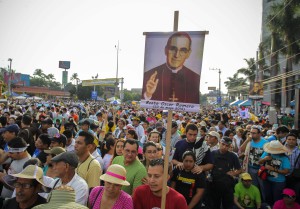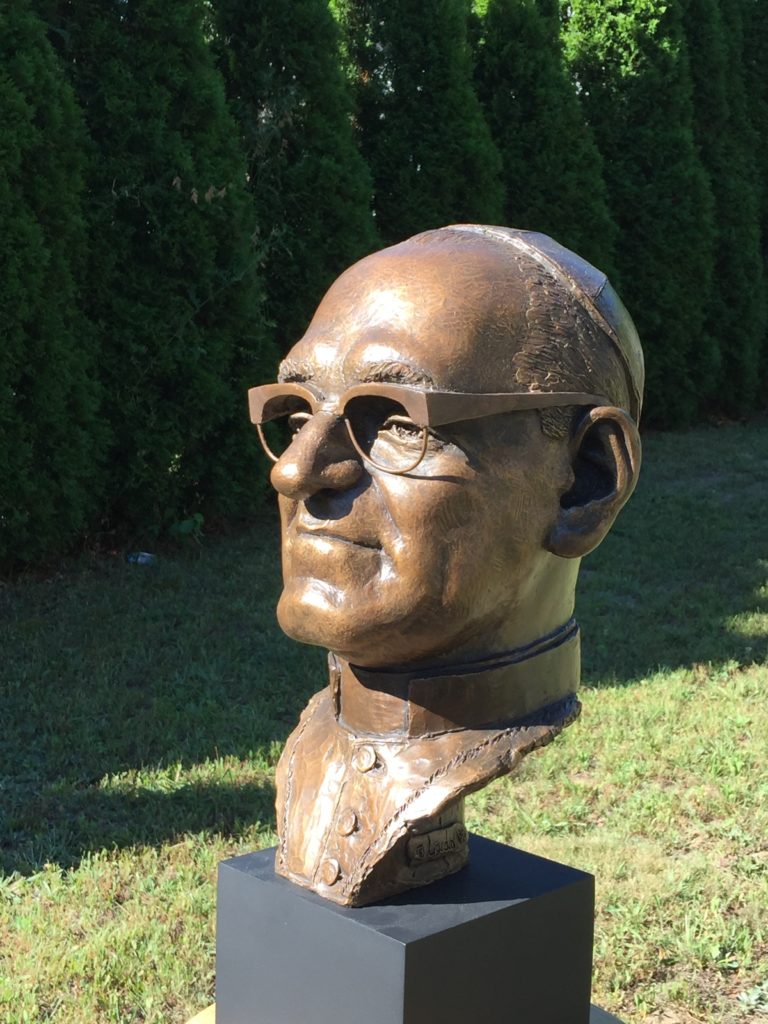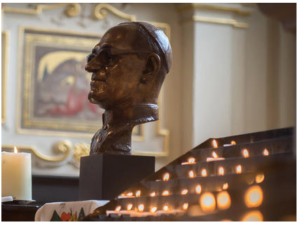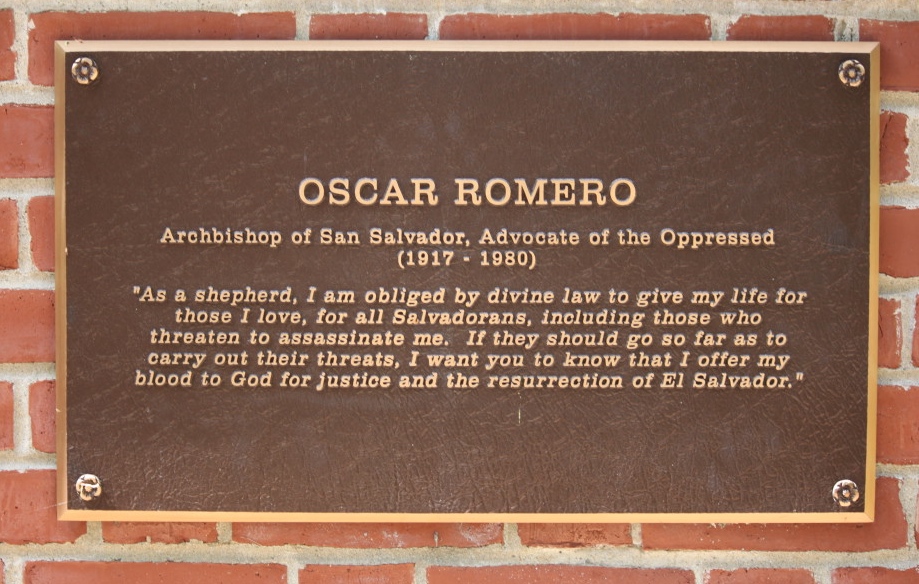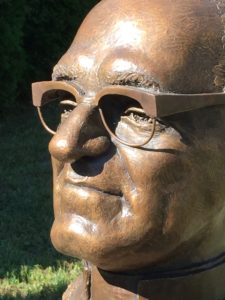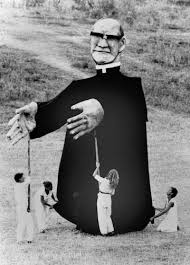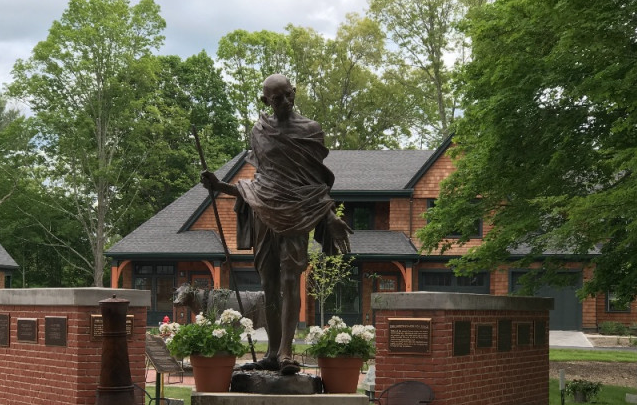Beatification of ‘voice of the voiceless’ Romero draws hundreds of thousands in El Salvador
Thousands have come to the Salvadoran capital to celebrate the beginning of Archbishop Oscar Romero’s path to sainthood. Romero was assassinated by far-right militias in 1980.
Thousands gathered in San Salvador on Saturday to attend an open-air mass celebrating the beatification of Archbishop Oscar Romero, whose defense of the poor and oppressed divided both his home country of El Salvador and the Catholic Church.
Officials expected the crowd to swell to up to 280,000, while four presidents, six cardinals and more than one hundred bishops also came to pay their respects to the “Voice of the Voiceless.”
In a written statement, Pope Francis praised Romero as one of “the best children of the church” for the way he supported “the poorest and most marginalized” in society.
US President Barack Obama also hailed Romero’s beatification, calling him an inspiration and a martyr who fearlessly confronted the evils he saw, guided by the needs of his beloved pueblo, the poor and oppressed people of El Salvador.”
Worshipers held signs and wore T-shirts bearing Romero’s likeness and well-known quotations.
During his time as Archbishop of El Salvador in the late 1970s and early 1980s, Romero was outspoken against poverty and social injustice, giving popular radio sermons where he listed disappearances, torture, and murders caused by the unrest in the country. Many in the Vatican hierarchy were initially suspicious of his somewhat cult-like status among those who believe in liberation theology, which mixes Catholicism and Marxism.
He was also a staunch critic of human rights violations committed by the Salvadoran army and the leftist rebels in the run-up to the country’s 1980-92 civil war. Romero was assassinated by far-right militias in 1980, while celebrating mass at a cancer hospital chapel.
Beatification is the first step on the road to sainthood. Romero’s candidacy was long delayed by political hurdles in the Vatican before being approved by Pope Francis in February. On the anniversary of his death, March 24, the United Nations observes an International Day for the Right to the Truth Concerning Human Rights Violations and for the Dignity of Victims.
THE ROMERO PROJECT
Short video of Romero Clock
The goal of The Romero Project is to help generate funds for humanitarian efforts in El Salvador through the creation and circulation of 12″ rubber medallion molds of Monsignor Oscar Romero.
These molds, sculpted by Lado Goudjabidze, are given free of charge to schools, hospitals, churches and community centers in villages in El Salvador.
Provided with instructions on how to mix and pour inexpensive plaster into the molds to create a beautiful wall hanging, the Romero Project seeks to place in the hands of those of loved the late Archbishop, the means to generate additional income for their families, groups or organ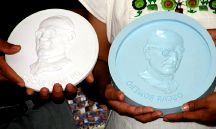 izations.
izations.
These plaster medallions, given to Salvadorans and sold to tourists, bring the image of the Patron Saint of El Salvador into homes as a blessing and prayer for peace and prosperity in a land that has known too little of both for far too long.
The Romero Project was launched in January of 2005 when Lewis Randa met with students from his alma mater, the University of Iowa while in El Salvador. The U of I Wesley Foundation and the School of Social Work had a delegation in El Salvador to do volunteer work and help launch the Romero Project. At that time, a cold cast bronze bust of Monsignor Romero was presented to the Pastoral Team at the Casa Pastoral Chapel.
BUST OF OSCAR ROMERO
The bust was a replica of the statue commissioned by the Peace Abbey that is placed at the entrance of the cottage where Romero lived on the grounds of the Hospital of the Divine Providence Cancer Hospital in San Salvador. The project took place under the guidance of Reverend Bob Cook, an extraordinarily committed Presbyterian minister from Des Moines, Iowa who has devoted his life to improve the lives of others in the village of Berlin, El Salvador. Key to the Romero Project was Yvonne Farley, Professor in the School of Social Work at the University of Iowa who mobilized her students and is credited for making the Romero Project a reality.
Gigantic Romero puppet in Bread and Puppet Theater performance during Contra war in Central America. Bread and Puppet Theater and its founder Peter Schumann received the Courage of Conscience Award 2009 at the Peace Abbey.
Contact The Peace Abbey to inquire into how you can support the Romero Project in El Salvador.
Viva Blessed Oscar Romero!
